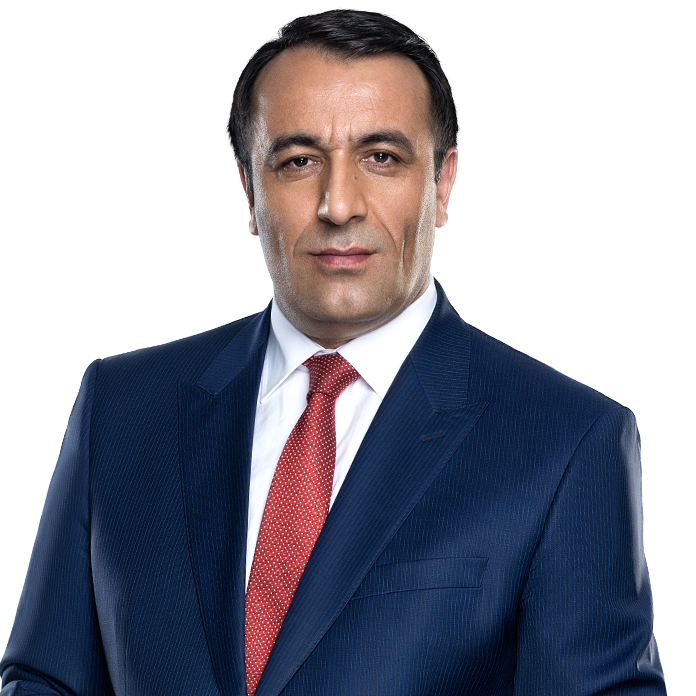Expectations from the Turkish economy, which closed 2015 successfully, the year of the June 7 and November 1 general elections, uncertainty after June 7, war in Syria and Iraq, the Federal Reserve Bank's (Fed) interest hike, the Syrian refugee crisis and lastly the Russian crisis, are quite high in 2016.
The political stability achieved as a result of the November 1 election is convenient to realize in 2016 both expectations from the economy and to start the planned reform process, because there is no election-related uncertainty or any government problem in the country.
In the period after 2002, first-generation reforms in the economy helped Turkey make it among the “high medium income” economies. As for the current period, new reforms will determine whether Turkey's economy will make the transition from the group of “high medium income” economies to the targeted group of high-income economies. Hence, 2016 must be the year in which new reform enforcements required to achieve this goal are put into effect.
Accordingly, every step to be taken in 2016 to solve organizational problems in the economy and change the production structure is an opportunity to make up for time Turkey's economy lost in all those years.
In addition to all the Fed can do to bring in foreign capital to the country due to its decision right before the start of 2016 to increase the interest rate, an increase in savings is essential to finance investments. These resources are necessary both to increase and sustain growth.
Also, expectations are high for 2016 as the year that regulations are eased and domestic demand is revived to push growth, which has been under pressure since 2012 to catch up with potential growth.
Export, which is one of the major fields supporting economic growth, must continue to expand its effect in 2016, too. Thus, countries to which Turkey exports should be varied to increase export and new partnerships and cooperation should continue to be formed. As you will remember, as a result of shrinkage in European markets with the 2008 crisis, Turkey turned to Middle Eastern, African and North African countries for export.
The decline in Turkey's exports to the Middle Eastern and North African markets signaled a search for new countries in place of these countries. With relations picking up pace with the EU, export share to these countries could be increased to make up for the loss instead of shrinking market volume in Iraq and Syria.
In the meantime, the crisis that erupted with Russia in November 2015, showed once more how critical it is to ensure variety in export markets. It is an example of not only the importance of increasing variety in the export market, but also having alternative options to partner countries in energy imports and thus the importance of decreasing high dependence.
Completing the Trans-Anatolian Gas Pipeline (TANAP) Project before 2018 as planned, continuing stronger projects with Qatar in the field of Liquefied Natural Gas (LNG) and energy cooperation with Saudi Arabia, activating oil and natural gas from Northern Iraq's Kurdistan Regional Government (KRG) and realization of the natural gas partnership with Turkmenistan, all depend on Turkey's 2016 energy policies.
There is much to be said about macro indicators of the country's economy for 2016. The objective for all these is to increase the economic growth rate and achieve higher income. However, besides increasing income, it is essential to implement policies that will provide fair distribution of income.
Increasing the minimum wage to TL 1,300 shows that the demands of minimum wage earners are taken into account by the ruling party and action is taken accordingly. In 2016, practices that will ensure particularly segments in low- and medium-income groups to get a fair share from the national income and just distribution of social welfare to all segments of society, should be expedited.
This way, the ruling party will not have any difficulty finding social support for required economic reforms. While fair distribution of income resulting from reforms renders continuous society's support for reforms, it will also consolidate trust.




















